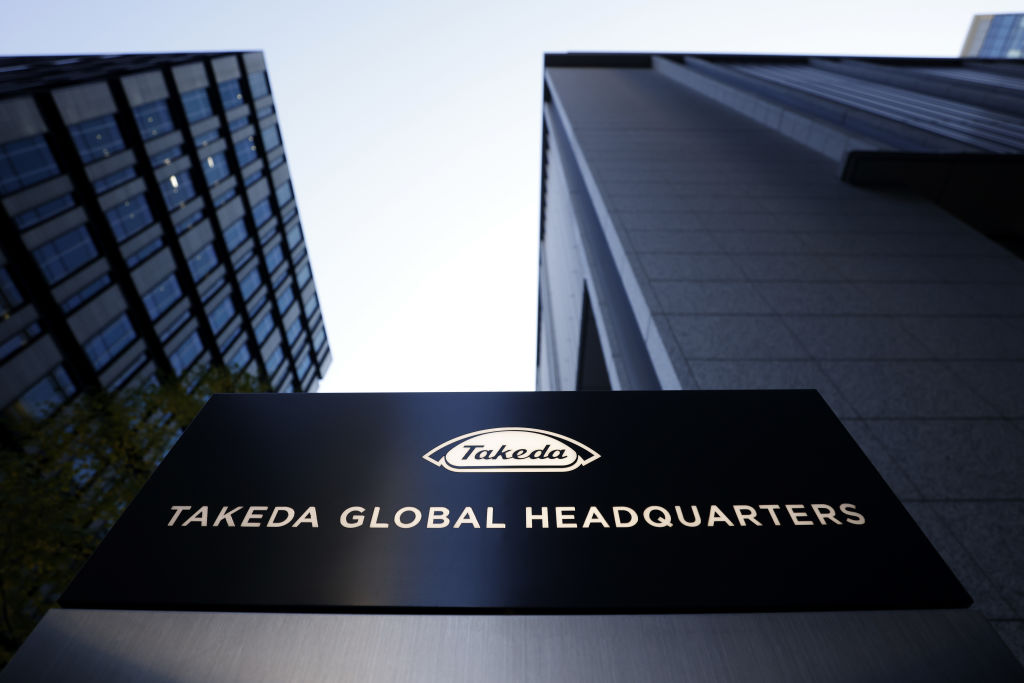
Takeda Boosts Pipeline and Revenue Growth Prospects With $1.2B Deal for Innovent Cancer Drugs
Takeda’s agreement with Innovent Biologics brings cancer drugs that could become contributors to a portfolio…
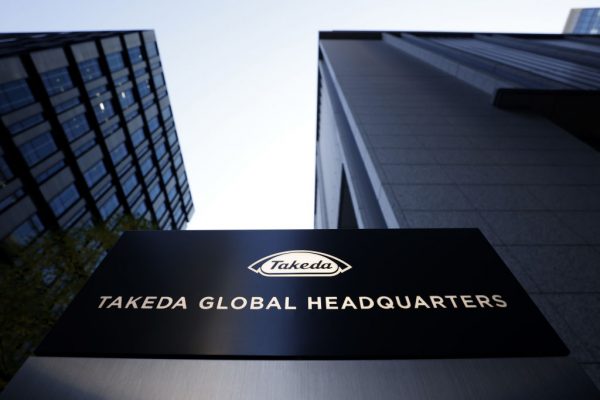
Takeda’s agreement with Innovent Biologics brings cancer drugs that could become contributors to a portfolio that’s facing the patent cliff. The pharmaceutical giant’s strategy for finding new blockbuster prospects spans internally discovered drugs and in-licensed assets. The post Takeda Boosts Pipeline and Revenue Growth Prospects With $1.2B Deal for Innovent Cancer Drugs appeared first on…
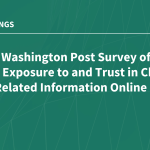
These findings from a KFF/Washington Post survey reveal how parents encounter information related to children’s health on social media, including trust in content they see online and whether they have specific, trusted influencers when it comes to information about children’s health.

When we pause and view success through the eyes of a parent or caregiver, one goal stands above all others: we want our loved ones healthy and home as quickly and safely as possible. The post There’s No Place Like Home — Improving Outcomes and Recovery Time for Pediatric Cardiac Care appeared first on MedCity…

For payers, that means the work ahead is not simply contracting with virtual providers — it’s rebuilding the infrastructure that builds trust as members find the right care for them. Here are three elements that need rethinking. The post Healthcare Has Outgrown Geography – Why Navigation Must Evolve in the Virtual Era appeared first on…

[Sponsored] In a survey of 125 people who work in medical billing, respondents shared what they like and dislike about the medical billing status quo and the changes they’d like to see to transform medical billing into a seamless operation. The post Survey: How Can AI Transform Revenue Cycle Management Technology? appeared first on MedCity…
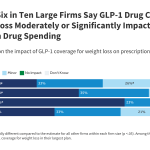
While more large employers are covering GLP-1 drugs for weight loss, KFF’s conversations with employers highlight concerns about the cost of these medications. Many of these employers have considered scaling back coverage of GLP-1 agonists for weight loss, or in some cases, employers are adding or strengthening coverage requirements.

With the federal shutdown entering its fourth week, spurred by a stalemate over the cost of health insurance for 22 million Americans on Affordable Care Act plans, a new report shows that over 154 million people with coverage through an employer also face steep price hikes — and that the situation is likely to get…
Since 1999, the Employer Health Benefits Survey has documented trends in employer-sponsored health insurance. Every year, private and non-federal public employers with three or more employees complete the survey.

For people whose autumn agenda includes getting vaccinated against respiratory diseases — covid, flu, and, for some, RSV — this year may be surprisingly routine. Following several confusing months this summer when federal officials announced and then retreated from changes to covid vaccine recommendations, the Centers for Disease Control and Prevention on Oct. 6 announced…
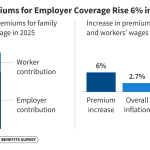
Family premiums for employer-sponsored health insurance reached an average of $26,993 this year, KFF’s annual benchmark health benefits survey of large and smaller employers finds. On average, workers contribute $6,850 annually to the cost of family coverage, with employers paying the rest.